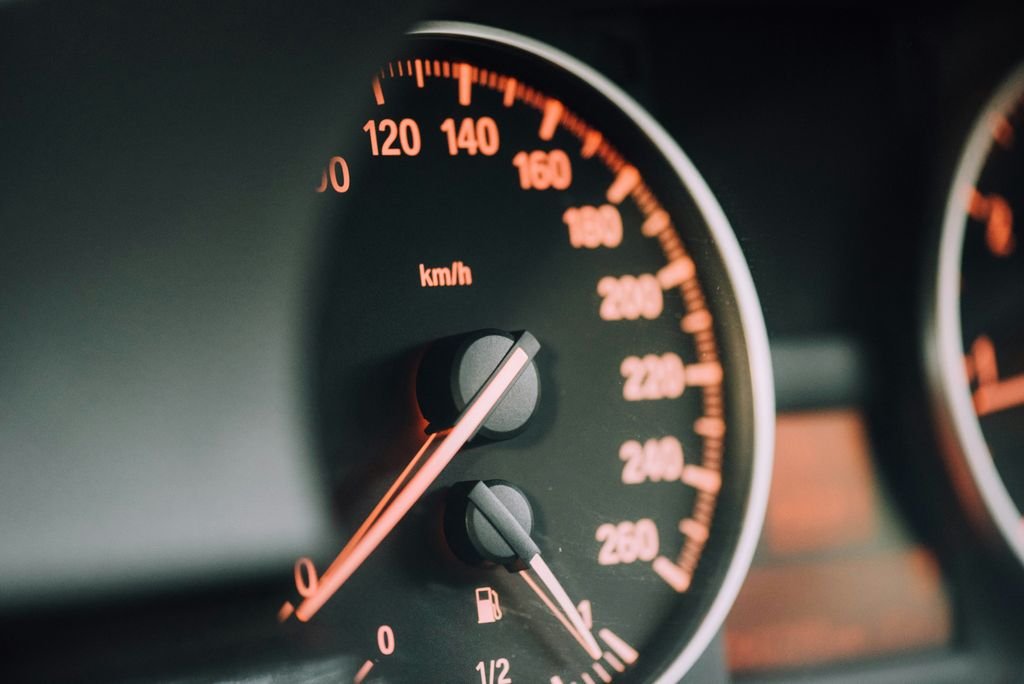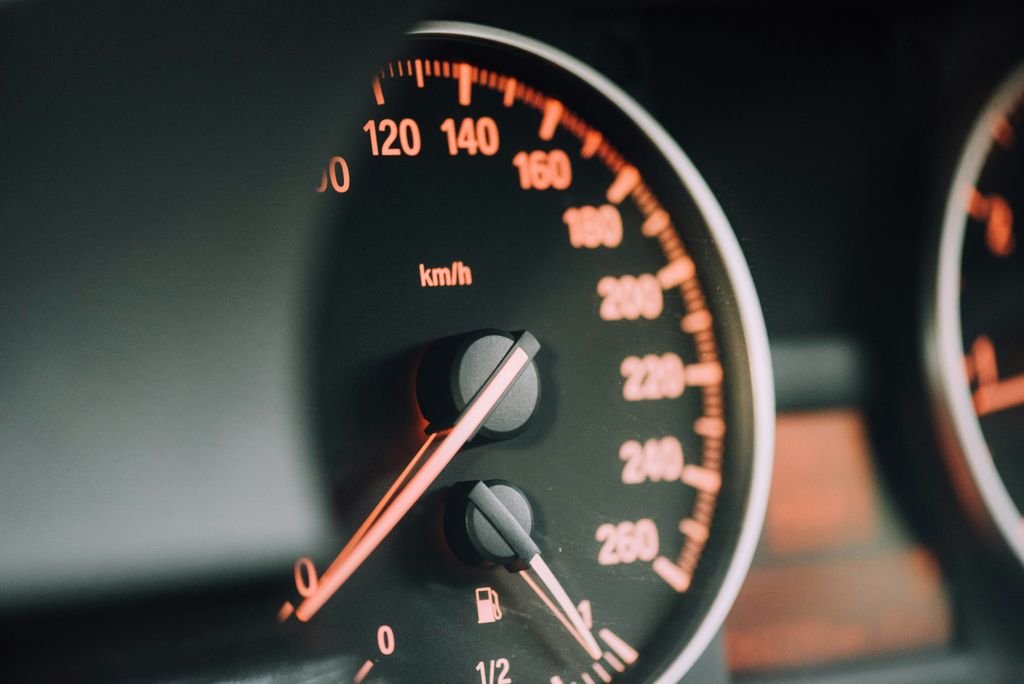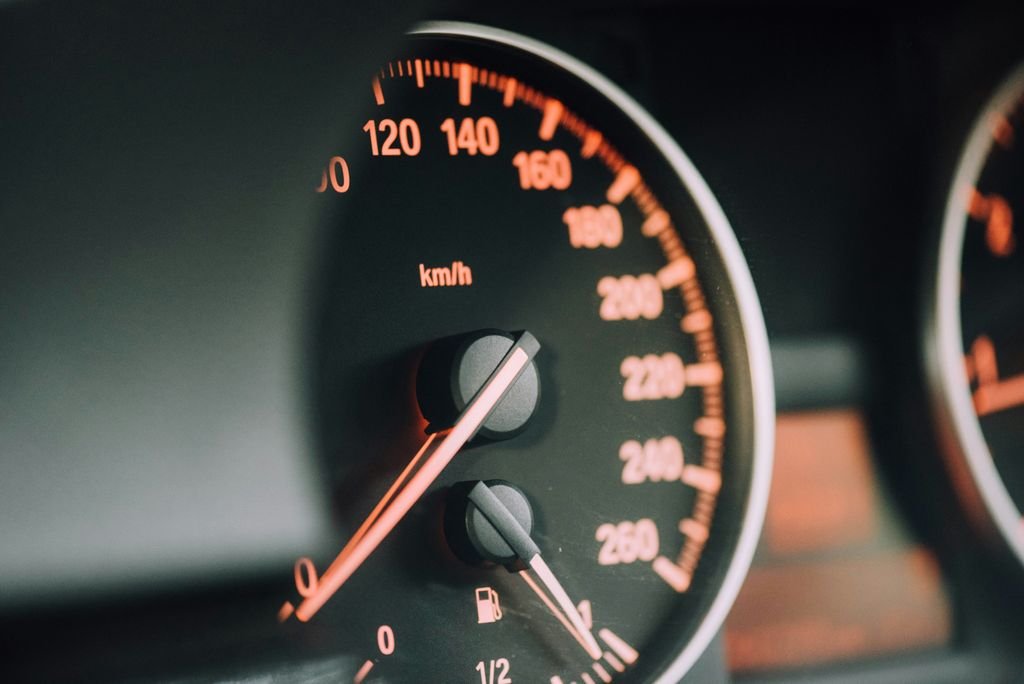The demand for personalized vehicles is on the rise, driven by changing consumer preferences and advancements in technology. This article explores the impact of customization on the automotive industry and discusses the future of personalized vehicles.
Key Takeaways
- Consumer preferences play a significant role in driving the customization craze in the automotive industry.
- Technological advancements have enabled a new era of personalized vehicles, offering innovative features and options for consumers.
- The customization craze has significant economic implications, influencing the revenue streams of manufacturers and dealers.
- Manufacturers and dealers face challenges in meeting the diverse demands of consumers while maintaining profitability in the era of customization.
- The future of personalized vehicles will see continuous innovations in customization technology, offering more advanced and sophisticated options for consumers.
The Rise of Customization
Consumer Preferences in Vehicle Customization
In recent years, the demand for personalized vehicles has surged, with consumers seeking to express their individuality through their cars. Customization options have become a significant factor in the purchasing decision, often outweighing traditional considerations such as price and fuel efficiency.
- Color and finish customization
- Interior design personalization
- Technology and entertainment features
- Performance modifications
These preferences have led to a diverse range of customization options, from aesthetic touches to functional upgrades. Manufacturers are responding by offering an ever-expanding menu of features that can be tailored to the buyer’s tastes.
The ability to customize a vehicle is not just a luxury; it’s becoming an expectation among consumers. This shift is transforming the way vehicles are marketed and sold, with personalization options now prominently featured in sales pitches and promotional materials.
Technological Advancements in Personalized Vehicles
The realm of personalized vehicles has been revolutionized by a wave of technological advancements. Innovative software and manufacturing techniques now allow for an unprecedented level of customization, catering to the unique tastes and needs of each consumer.
From digital design interfaces that enable customers to visualize their choices in real-time to advanced production systems that can adapt to individual specifications, technology is at the heart of the customization craze. Below is a list of key technologies driving this trend:
- 3D Printing: Allows for intricate designs and rapid prototyping of custom parts.
- AI-Driven Design Tools: Offer personalized recommendations based on user preferences.
- Modular Platforms: Enable interchangeable components for easy upgrades and modifications.
The synergy between cutting-edge technology and consumer demand is creating a new ecosystem in the automotive industry, where personal expression and functionality converge.
As these technologies mature, they promise to deliver even more sophisticated solutions, further personalizing the driving experience while streamlining the production process.
Impact on Automotive Industry
Economic Implications of Customization Craze
The customization craze in the automotive industry has led to a significant shift in economic dynamics. Manufacturers are witnessing a surge in revenue as consumers are willing to pay a premium for personalized vehicles that cater to their specific tastes and needs. This trend is not only boosting sales but also encouraging a more diverse product offering.
However, the increased demand for customized vehicles comes with its own set of financial challenges. The table below outlines some of the key economic impacts:
| Impact Area | Description |
|---|---|
| Production Costs | Higher due to the need for flexible manufacturing systems. |
| Inventory Management | More complex with the increase in unique parts and configurations. |
| Marketing and Sales | Increased investment in customer relationship management and targeted advertising. |
The shift towards vehicle customization is reshaping the economic landscape of the automotive industry, compelling companies to innovate and adapt to new consumer expectations.
The long-term economic implications are still unfolding, but it is clear that the ability to offer personalized options is becoming a crucial competitive edge. As the trend continues to grow, the industry must balance the desire for customization with the need for cost-effective production and supply chain management.
Challenges for Manufacturers and Dealers
As the demand for personalized vehicles continues to grow, manufacturers and dealers face a myriad of challenges. Adapting to the customization craze requires significant changes in production and sales strategies. For instance, the traditional mass production model is being challenged by the need for flexible manufacturing systems that can handle a wide variety of custom options.
- Increased complexity in production
- Need for advanced logistics and supply chain management
- Higher costs associated with small-scale production runs
- Balancing customization with brand consistency
The shift towards personalized vehicles is not just a trend but a movement that’s reshaping the entire automotive landscape. Manufacturers and dealers must innovate to keep pace with consumer expectations while maintaining profitability and operational efficiency.
Moreover, dealers are tasked with the delicate balance of providing a bespoke experience for each customer while ensuring timely delivery. This often means rethinking inventory management and customer relationship strategies to cater to individual preferences without compromising on efficiency.
Future of Personalized Vehicles
Innovations in Customization Technology
The landscape of vehicle customization is rapidly evolving, with cutting-edge technologies paving the way for unprecedented levels of personalization. 3D printing is at the forefront of this revolution, enabling manufacturers to produce bespoke parts at a fraction of the traditional cost and time.
Emerging technologies such as augmented reality (AR) and artificial intelligence (AI) are also playing a pivotal role. AR allows customers to visualize customizations in real-time, while AI provides smart recommendations based on individual preferences and driving habits.
The integration of these technologies is not just enhancing the customer experience; it’s redefining the very concept of a personalized vehicle.
Here’s a glimpse of the current state of customization technology:
- 3D Printing: Rapid prototyping and production of custom parts
- AR Visualization: Real-time preview of vehicle customizations
- AI Personalization: Intelligent suggestions for vehicle features
- Smart Materials: Responsive materials that adapt to environmental changes
As these technologies mature, they promise to deliver even more sophisticated and tailored vehicle experiences, ensuring that the future of personalized vehicles is as dynamic as the desires of the consumers driving them.
Sustainability and Ethical Considerations
As the demand for personalized vehicles grows, so does the need to address the sustainability and ethical considerations inherent in this trend. Manufacturers are tasked with finding a balance between customization and environmental responsibility, ensuring that the individuality of a vehicle does not come at the cost of the planet.
- Use of eco-friendly materials in customization
- Reduction of waste through precision manufacturing
- Ethical sourcing of bespoke components
The challenge lies not only in the creation of unique vehicles but also in the adoption of practices that minimize ecological footprints and promote ethical labor standards.
The table below outlines key sustainability metrics that manufacturers are focusing on to align with consumer values:
| Metric | Goal |
|---|---|
| Carbon Footprint | Reduction per vehicle |
| Recyclability | Increase in recyclable components |
| Energy Consumption | Decrease in production energy use |
As we move forward, the industry must continue to innovate, not just in the realm of customization, but also in developing processes that are both ethical and sustainable, ensuring a future where personalized vehicles contribute positively to society and the environment.
Conclusion
In conclusion, the customization craze in the automotive industry is a clear reflection of the evolving consumer demands and the impact of technological advancements. As consumers continue to seek personalized vehicles that align with their individual preferences, manufacturers and designers are challenged to innovate and adapt to these changing trends. The future of automotive design is undoubtedly influenced by the growing emphasis on personalization, and it will be fascinating to witness how this trend continues to shape the industry in the years to come.
Frequently Asked Questions
What are the current trends in vehicle customization?
The current trends in vehicle customization include personalized paint jobs, custom interior options, and aftermarket accessories to reflect the unique preferences of consumers.
How are technological advancements influencing personalized vehicles?
Technological advancements such as 3D printing, augmented reality design tools, and smart vehicle customization software are enabling more intricate and advanced customization options for consumers.
What economic implications does the customization craze have on the automotive industry?
The customization craze has the potential to drive higher profits for manufacturers and dealers through the sale of personalized vehicle options. However, it also requires investment in new production processes and inventory management.
What challenges do manufacturers and dealers face in meeting the demands for personalized vehicles?
Manufacturers and dealers face challenges in streamlining production processes, managing inventory for diverse customization options, and ensuring compliance with safety and regulatory standards for customized vehicles.
What innovations are driving the future of customization technology in the automotive industry?
Innovations such as AI-driven design platforms, sustainable materials for customization, and seamless integration of smart technology within vehicles are shaping the future of customization technology.
What sustainability and ethical considerations are important in the context of personalized vehicles?
Sustainability and ethical considerations in personalized vehicles include the use of eco-friendly materials, responsible disposal of customized components, and ethical implications of AI-driven design choices in vehicle customization.





